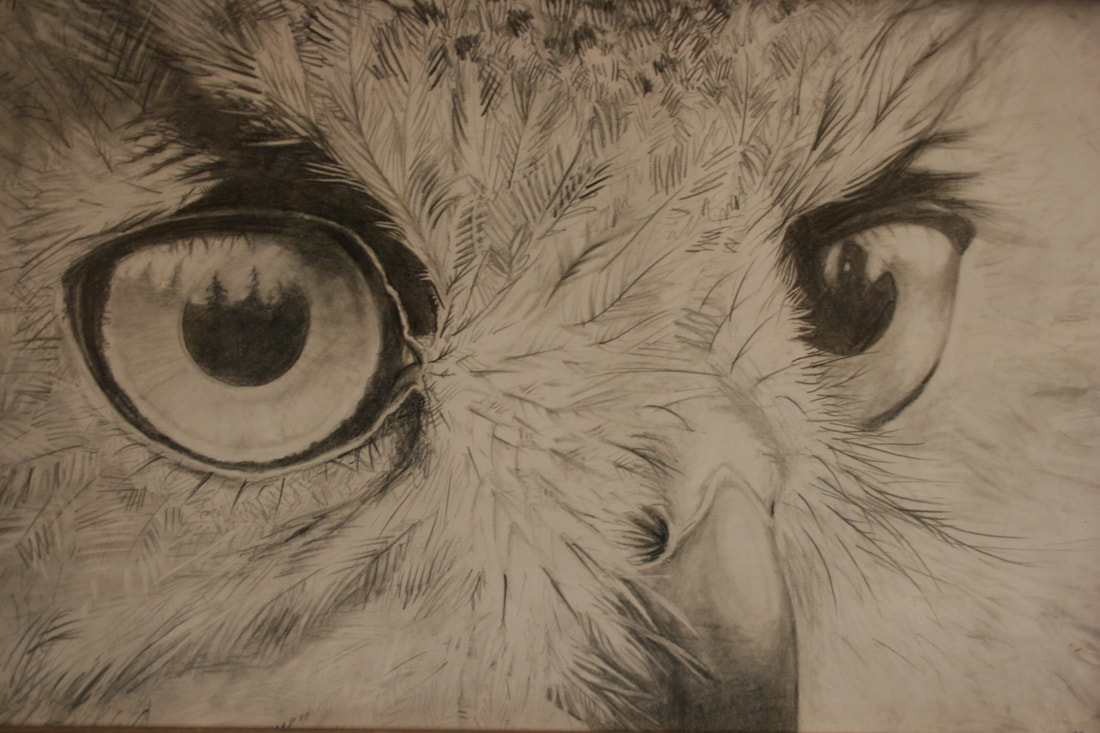|
By Janelle Eklund
It's May 9 and I'm out for my daily walk down the Old Edgerton Road. There are only a few patches of snow along the north facing side of the road. Melted snow puddles linger in the ditches. The air is warmer now and it didn't freeze last night! Still, it was in the high 30's during the night. I scan the slopes above the snow puddles for any signs of fresh green life. NOTHING! The trees are not even showing any signs of lime green tints. After pasqueflowers, lupine seem to be the next wildflower pushing through the ground in early spring. Beautiful shades of purple/blue petals dance around the stem of lupine. Arctic lupine has white tips on the bonnet-like petals and grows to about one and a half feet. Nootka lupine can grow to four feet tall and rarely has white flowers. Lupine is closely related to locoweeds and is considered poisonous, not only to humans but can be poisonous to animals. I have heard of cows dying from eating the plants, usually by overgrazing mature lupine pods and seeds. Lupine has a great relationship with soil. Being in the pea family, it produces pods with fleshy seeds or "peas". The pea family is known for its nitrogen-fixers and that is what the plant feeds the soil, greatly improving its condition. It's like us eating good nutrient dense food and in turn we get the benefits of a healthy body. Lupine are abundant along road sides and fields. Catch their beauty in your camera's eye; use your eyes to enjoy; use your artistic hand to sketch them; mentally "ask permission" to collect them for a table bouquet or to dry their petals for a colorful potpourri. From my light to yours-
0 Comments
Leave a Reply. |
Who We AreWISEfriends are several writers connected with Wrangell Institute for Science and Environment, a nonprofit organization located in Alaska's Copper River Valley. Most of these articles originally appeared in our local newspaper, the Copper River Record. Archives
August 2021
Categories
All
|
|
WISE is a
501(c)3 nonprofit organization |
Contact Us |


 RSS Feed
RSS Feed
